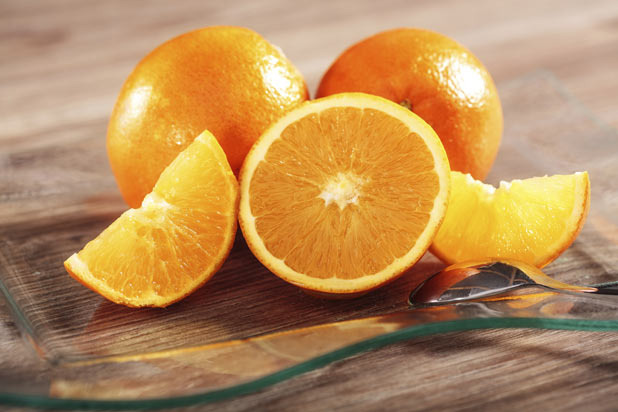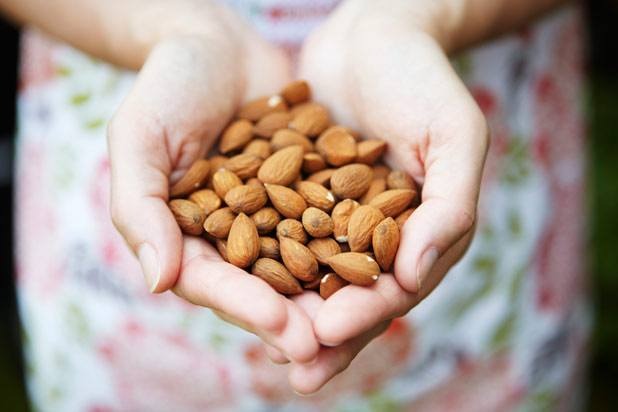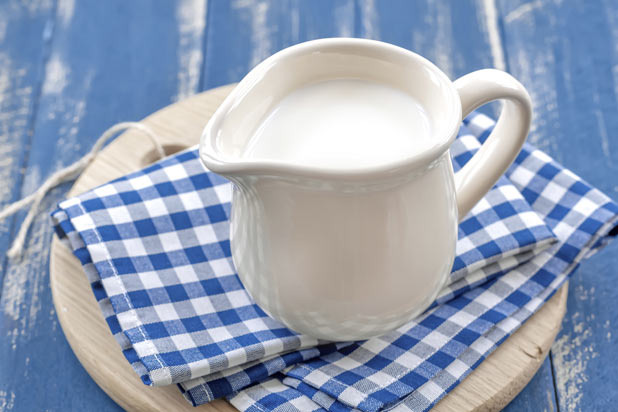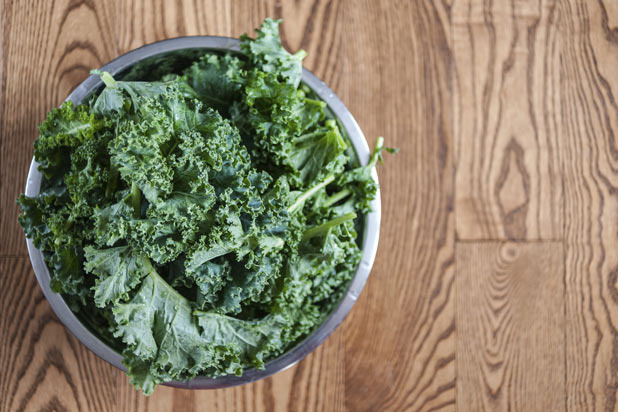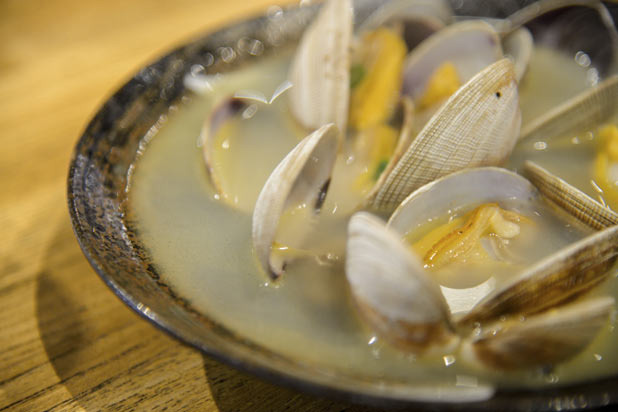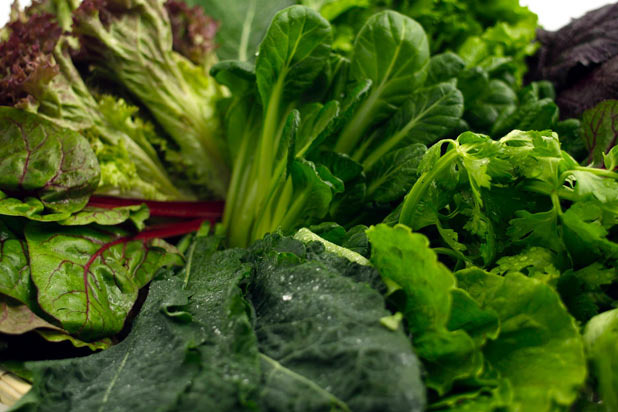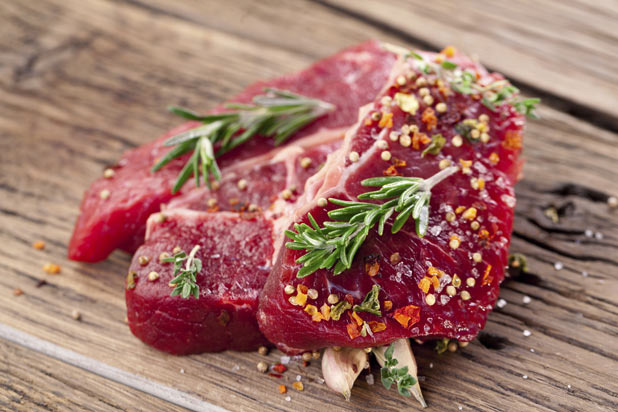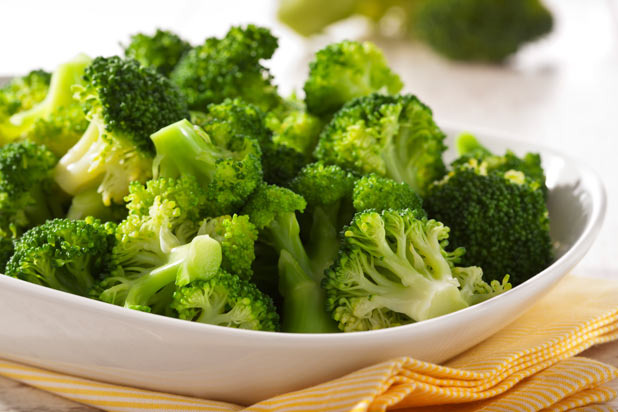10 Important Vitamins And What They Do (Slideshow)
Vitamin D regulates metabolism, boosts the immune system, and promotes bone health. We can actually absorb this vitamin from the sun's rays (which is why we tend to get sick during the winter, when we get less sun), but foods that are highest in it are herring, salmon, halibut, oysters, eggs, and shiitake mushrooms.
Vitamin C
Vitamin C is loaded with antioxidants, boosts the immune system, helps wounds heal, and protects against cancer. Just about every fruit and vegetable contains some vitamin C, but citrus fruits, broccoli, tomatoes, and red bell peppers are the best sources.
Vitamin E
Vitamin E is also full of antioxidants, and protects our cells from free radicals, which can cause cancer and Alzheimer's disease. Nuts, seeds, leafy greens, and vegetable oils are the best source of this vitamin.
Calcium
The most abundant mineral in our bodies, calcium forms the bulk of our bones and teeth, and we need to make sure it's a significant part of our diet in order to keep our bones in top shape, regulate our blood pressure, and keep our nerves functioning properly. While milk is the most famous source of calcium, it's also found in dark leafy greens, oranges, sardines, broccoli, nuts, seeds, figs, and salmon.
Magnesium
Magnesium helps keep blood circulating properly, keeps bones and the heart healthy, and helps muscles relax. Dark leafy greens, nuts, dark chocolate, squash, and black beans contain lots of magnesium.
Omega-3
Omega-3 fatty acids are one of the most important things we can eat. They're the building blocks of fats, help keep inflammation down, keep cells healthy, and regulate blood clotting. The body doesn't produce it, so we need to get it by eating fatty fish like salmon and tuna; walnuts, flaxseeds, and hempseeds also contain some.
Vitamin B12
Vitamin B comes in plenty of formats, and they're all important, but B12is one that's certainly worth keeping on your radar. It keeps the body's nerve and blood cells healthy, and it also helps make DNA and prevent anemia. Clams and beef liver are the best sources of B12, as well as dairy products.
Vitamin A
Vitamin A is important for proper cell growth, a healthy immune system, and good vision. Sweet potatoes, carrots, and dark leafy greens are very high in it.
Iron
Without enough iron, it's easy to develop anemia, which is a decrease in the number of red blood cells in the body. This lowers the amount of oxygen in the body's tissues, which will make you weak, tired, and irritable. Beef, oysters, lentils, beans, and spinach are all high in iron.
Vitamin B9 (Folic Acid)
Folic acid is important for cell growth and regeneration, and helps with DNA synthesis, red blood cell creation, and anemia prevention. A lack of folic acid in the diet can result in depression and possibly several types of cancer. Foods that are highest in folate (the naturally-occurring form of B9) include broccoli, asparagus, spinach, collard greens, and citrus fruits.

